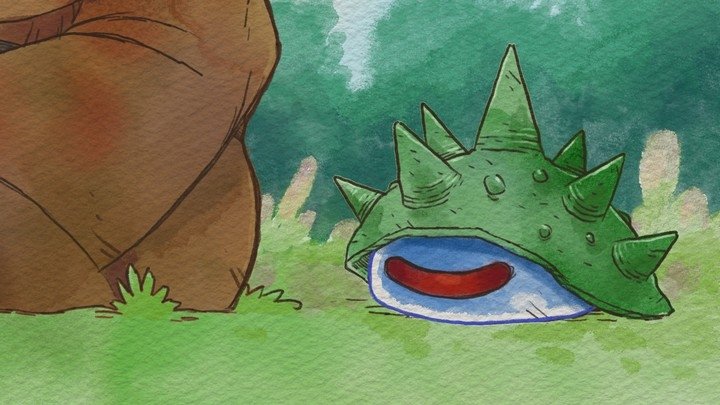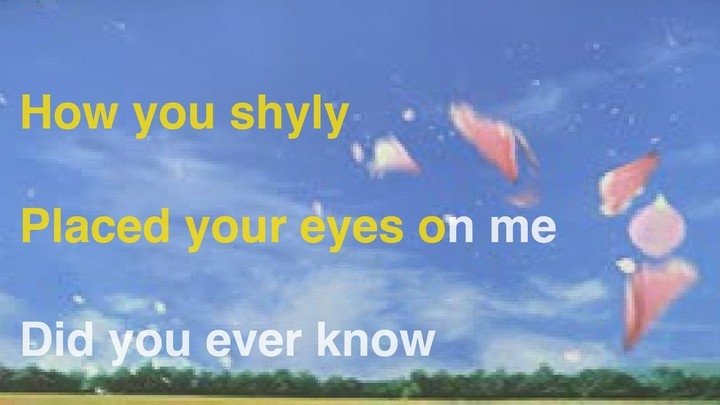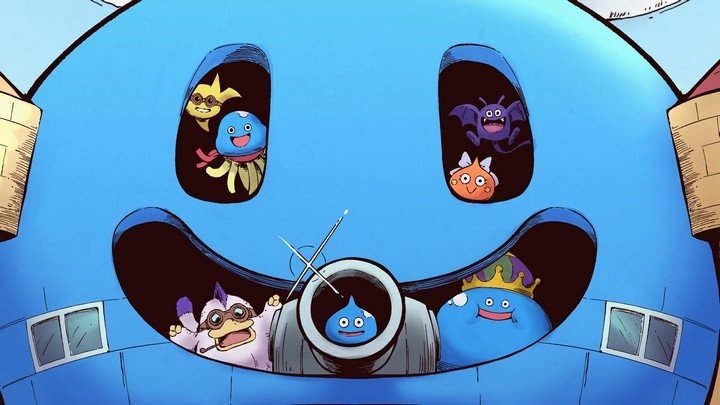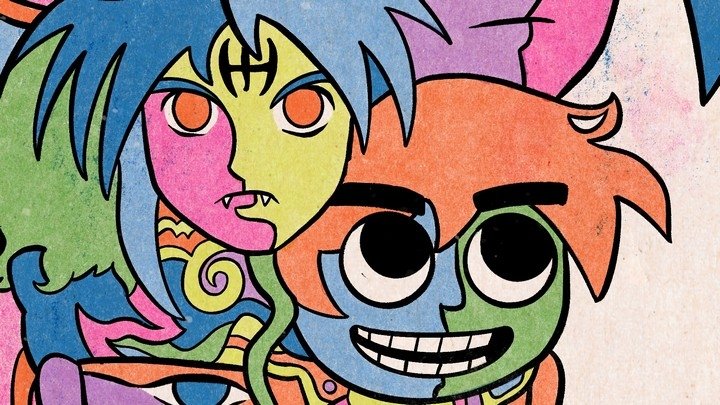The ridiculous new frontier in game music fandom
Next week's episode of the podcast — the one currently up on Patreon for cool people who support the show that way — will be another Retronauts Radio entry. This one's a little different than usual, though. While it does present an overview of a few new classic game music releases (DataDiscs' Gunstar Heroes and Ship to Shore's Darius), the bulk of the episode consists of music collector and expert James Eldred walking me through the basics and the ProTips of collecting and enjoying game music, whatever the preferred format.
Mostly, we cover the ins and outs vinyl LPs, compact discs, and digital releases. However, there is one other music format that gets a brief mention, and, well... it's frankly kind of ludicrous.

As it happens, James was kind of enough to share an example of this format — which, it turns out, has become all the rage over in Japan of late. He had a copy of Symphonic Suite: Dragon Quest IV on hand that he didn't want anymore and passed it along to me. It comes in a nice-looking plastic clamshell case imprinted with the game's logo in gold, a typical Dragon Quest class act for sure.
At first glance, this looks like a very nice, minimalist CD collection. Alas! That is not the case at all. Instead, you open up the set and find...

...cassette tapes? Yes indeed. This is an aspect of classic game music releases I've never really thought to consider before; I didn't start importing game music until the late ’90s, by which point the CD ruled all. And while I've occasionally spotted vintage game music LPs from the early ’80s, it never quite occurred to me to question whether LPs were the primary delivery format for game soundtracks and arranged albums in that late ’80s interim period as vinyl faded but CDs hadn't quite gone mainstream.
I suppose it shouldn't come as a surprise. The late ’80s was when I began acquiring music I liked in earnest, and I wasn't buying records; the format was already on the outs by then. I certainly couldn't afford CDs at that point. They were incredibly expensive circa 1987, like $18-25 apiece... and that's in actual 1980s money, not inflation-adjusted prices. So like most kids, I bought cassette tapes of the music I loved. More portable than records, half the price of CDs, and easily copied and swapped with friends, tapes were the de facto music format for teens between the mid ’80s and mid ’90s. That's 10 years of tape dominance! And while Japan tended to be ahead of the curve for consumer tech than the U.S. in that period, it's not like our respective markets were that different. So of course Japan had a booming cassette tape music market... which means, of course, that commercial game soundtrack releases were shipping on tape as well.

Not only that, but as the Symphonic Suite demonstrates, they were being treated with the same love and respect as any other format. Enix put some real effort into these tapes, disposable as the format may seem. Both of the cassettes come with elaborate fold-over liners that wrap around the outside of their respective cases. The set also contains a booklet of sheet music in case you want to play along to the recordings with the your own personal orchestra, as well as some stickers and other ephemera.
According to James, tape collecting is the hot thing in Japan right now. I know there's a bit of hipster interest here in the states in reviving the cassette format, but it seems Japan beat you guys to the punch. Not only are vintage tapes incredibly sought after, they're also incredibly expensive. I'd never seen a cassette section in Japanese music shops prior to my visits this year — which isn't to say they weren't there, simply that they didn't stand out — but now entire walls are given over to the format. Would you pay $20-30 dollars for a used tape manufactured in 1991? A format that degrades with use and time alike? I wouldn't, but evidently quite a few people would.
For a very brief moment after opening up this soundtrack box, I had an urge to pick up a handful of vintage game soundtracks on cassette — literal game tapes, if you will — as I figured it would be a cheap way to add a few amusing curios to my collection. But no, vintage game soundtrack cassettes run anywhere from $20-50 (and up) depending on condition, scarcity, and desirability. That's far too steep to work as a whimsical pick-up, I'm afraid. I'm only too happy to leave cassettes to the cassette collectors. Nostalgia may be a hell of a drug, but I'd definitely have to be high to pine for the days of fragile, noisy, clumsy tape cassettes.
Besides, I only have the one tape deck these days.





